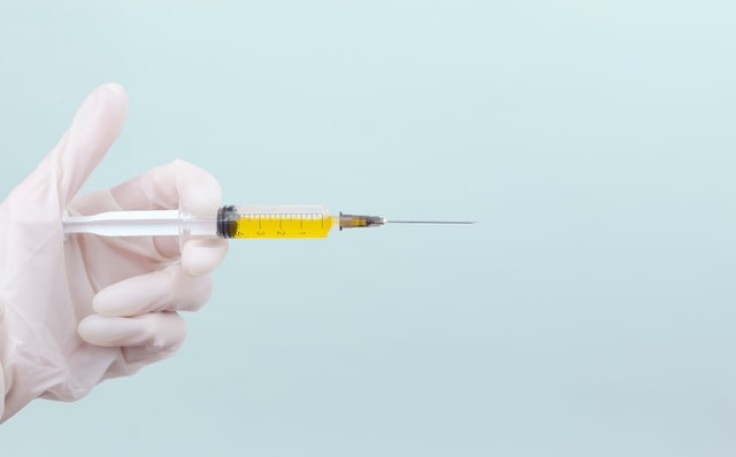
In a recent announcement, the Centers for Disease Control and Prevention (CDC) recommended that pregnant women receive an RSV vaccine between 32 and 36 weeks of gestation to protect their newborns from the virus. This recommendation was endorsed by CDC Director Mandy Cohen following an 11-1 vote in favor of the injection by an advisory committee to the agency.
FDA-Approved Abrysvo: A New Means of Protecting Babies from RSV
The Food and Drug Administration has already approved the single-dose shot, known as Abrysvo and made by Pfizer. It stimulates the production of antibodies in the mother that transfer through the placenta, offering the first approved means of protecting babies from RSV. Clinical trial data shows that this protection lasts through the first six months of life.
When administered between 32 and 36 weeks of gestation, Abrysvo was found to reduce the risk of severe disease from RSV among infants by 91% within roughly three months after birth. By around six months, the efficacy was just under 77%.
RSV, or Respiratory Syncytial Virus, is typically mild in young, healthy adults but poses a significant threat to children under 5 years old. The virus causes up to 80,000 hospitalizations and up to 300 deaths annually among this age group in the United States. Nearly 80% of children hospitalized with RSV under the age of 2 have no underlying medical conditions. Last year, a dramatic increase in severe RSV infections overwhelmed children's hospitals.
Another new form of RSV protection for babies was also approved this summer: an injectable drug called Beyfortus that delivers a dose of antibodies directly to an infant's bloodstream. The CDC recommended Beyfortus for all babies up to 8 months old who are born during or entering their first RSV season, as well as for infants 8 to 19 months old who are at increased risk of severe disease and entering their second season.
Concerns Raised Over the Complexity of CDC's Recommendation
The CDC advisory committee stated that either Beyfortus or Abrysvo can be used to protect infants, and most babies won't need both. The benefits of the vaccine are that it protects babies immediately after birth and doesn't require them to get a shot. However, the antibody injection doesn't pose a risk of adverse pregnancy outcomes, and some evidence suggests its protection wanes more slowly.
Despite these developments, some concerns have been raised. Dr. Helen Keipp Talbot, the lone CDC advisory group member who voted against Abrysvo, expressed concern that the recommendation was too complicated. On the other hand, Dr. Pablo Sánchez, a pediatrics professor at the Ohio State University College of Medicine, praised the options available for protecting infants and children.
Abrysvo is expected to be listed at $295, but the price for individual consumers will depend on their insurance plans. The shot will be covered under the CDC's Vaccines for Children Program, which makes some vaccines and immunizations free to children who are uninsured, underinsured, Medicare-eligible, or Native American or Alaska Natives.
Meanwhile, two new RSV vaccines are already available at pharmacies for adults ages 60 and older, a group also vulnerable to severe illness. One of those shots, from Pfizer, is the same formulation as the new shot for use during pregnancy.
Related Article: Experts Forecast Regular Timing for This Year's RSV Season with New Tools To Bolster the Battle